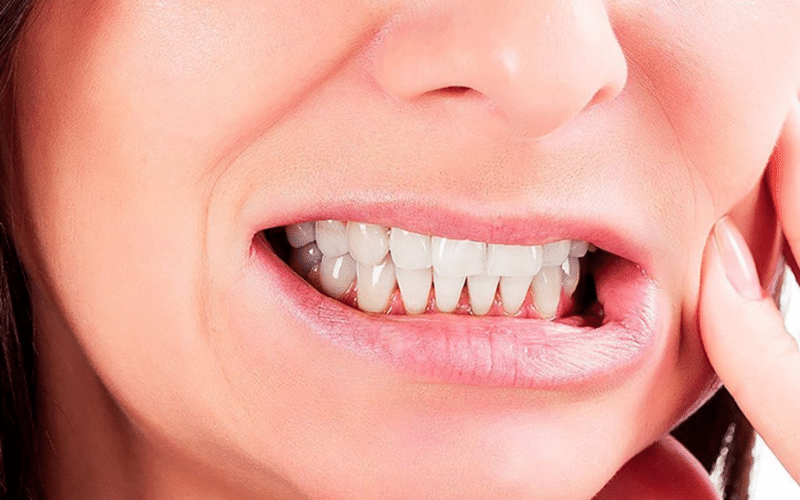
Teeth grinding, which is frequently connected to peaceful hours of sleep, can also appear throughout the busy day. Daytime bruxism is a frequently disregarded condition that poses a distinct set of difficulties for those who suffer from it.
Grinding your teeth during the day can have a big influence on your everyday life, from the mild pain of jaw stiffness to the more serious problem of tooth wear and tear. The causes, symptoms, and practical management techniques of daytime bruxism will all be covered in detail in this blog post.
Did you know? Daytime teeth grinding is often linked to psychological and physical factors. Here are some common causes:
It is often linked to psychological and physical factors. Here are some common causes:
Recognizing the signs of bruxism early can prevent long-term damage. Be on the lookout for the following symptoms:
Preventing daytime teeth grinding involves lifestyle changes, stress management, and dental interventions. There are some triggers you have to pay attention to.
Apart from these, you have to include relaxation methods like yoga, meditation, and deep breathing exercises. Take breaks during stressful activities to calm your mind. Keep your jaw in a relaxed position with teeth slightly apart and lips closed.
Make use of your phone alarms or sticky notes as reminders to monitor your jaw tension during the day. Limit your nicotine and caffeine consumption, particularly while you're under stress. To stay hydrated and stay relaxed, choose water or herbal teas.
Custom-fitted mouthguards by dentists protect your teeth from damage. They are especially useful when grinding persists despite other efforts. So, it is extremely important to consult a dentist if you suspect that misaligned teeth are causing bruxism.
Although it's more prevalent than most people think, grinding your teeth during the day doesn't have to impact your dental health in a negetive way. You may reduce the discomfort and preserve your smile by being aware of the causes and applying preventative measures into practice.
Little adjustments can have a tremendous impact, whether the goal is stress reduction, better jaw awareness, or getting competent dental treatment. Take proactive measures now to maintain your oral health rather than letting bruxism wear you down.